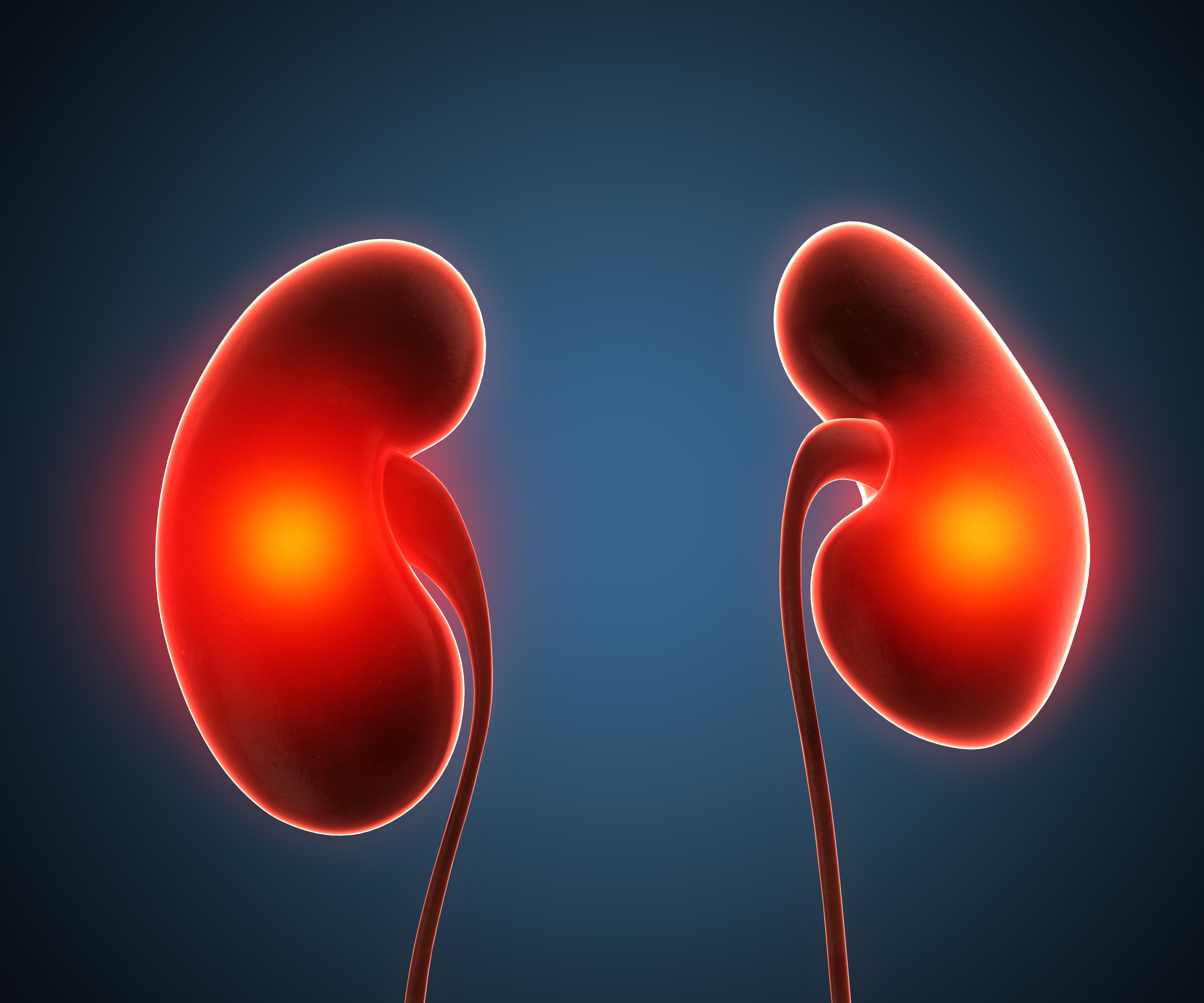Article
Guillain-Barré Syndrome Linked to Ad26.COV2.S COVID-19 Vaccine
Author(s):
The mRNA vaccines BNT162b2 (Pfizer-BioNTech) and mRNA-1273 (Moderna) showed no risk of Guillain-Barré syndrome post-vaccination.
Winston Abara, MD

Winston Abara, MD, and investigators from the Centers for Disease Control and Prevention (CDC) COVID-19 Response team, conducted a cohort study to determine if any of the 3 COVID-19 vaccines have associations with Guillain-Barré syndrome (GBS), a rare neurological condition.1
GBS was a prespecified adverse event of special interest for monitoring COVID-19 vaccines, according to the study. Historically, associations have been observed between the risk of GBS and vaccines.
The reporting patterns within 21 and 42 days after vaccination with Ad26.COV2.S (Janssen), BNT162b2 (Pfizer-BioNTech), and mRNA-1273 (Moderna) COVID-19 vaccines were used to compare each one and evaluate for any associations with GBS.
The Study
Investigators analyzed the relationship between GBS and each vaccine based on reports to the US Vaccine Adverse Event Reporting System (VAERS). The retrospective cohort study included reports submitted December 2020 through January 2022, and case reports of G BS that were verified as meeting the Brighton Collaboration case definition for GBS in adults after COVID-19 vaccination.
The reporting rate of GBS within the determined time frame following vaccination was analyzed for the main outcome, as it related to each vaccine.
Information was gathered on 21 and 42-days post-vaccination of Pfizer-BioNTech, Moderna, or Janssen vaccine for the reporting rate ratios (RRRs) and calculation of intervals. Estimates for observed-to-expect (OE) ratios used published GBS background rates.
The Results
Of the total 487,651,785 COVID-19 vaccine doses, the mRNA vaccines, Pfizer-BioNTech and Moderna, made up a large majority of administrations, with Janssen’s viral vector vaccine accounting for less than 4%.
- Janssen: 17,944,515 doses (3.7%)
- Pfizer-BioNTech: 266,859,784 doses (54.7%)
- Moderna: 202,847,486 doses (41.6%)
Data revealed 295 verified reports of individuals who were diagnosed with GBS after their COVID-19 vaccination. The leading majority were White (193, 65.4%), with much lower rates in the following populations: 18 Black individuals (6.1%), 17 Hispanic individuals (5.8%), 12 Asian individuals (4.1%).
Just over 93% of GBS reported documented hospitalization. The rate was slightly higher among men at 57.3% (169 males), and the median age of those with reported GBS was 59 years.
The number of reports made within 21 days of vaccination was 209, and then 253 at 42 days. When looking at GBS reporting rates per 1,000,000 doses, the Janssen vaccine was associated with a higher prevalence compared with the mRNA vaccines.
Per 1,000,000 doses, within 21 days/42 days of vaccination:
- Janssen: 3.29/4.07
- Pfizer-BioNTech: 0.29/0.34
- Moderna: 0.35/0.44
The reports at both intervals for individuals who received the Janssen vaccine were disproportionately higher than that of the mRNA vaccines. Investigators stated that the rates of reported GBS were similar at 21 and 42 days when assessing for differences.
Results demonstrated that the OE ratios after the Janssen vaccine was 3.79 within 21 days and 2.34 within 42 days. The ratios for the mRNA vaccines were less than one for both post-vaccination periods.
“In this retrospective cohort study, we found evidence for increased risks of GBS within 21- and 42-day intervals after Ad26.COV2.S (Janssen) vaccination. The absolute risk of GBS after Ad26.COV2.S vaccination was likely on the order of several cases per million doses of vaccine administered,” investigators wrote. “Conversely, we did not find increased risks for GBS after receipt of either mRNA COVID-19 vaccine, suggesting that GBS cases observed after mRNA COVID-19 vaccination may represent background GBS incidence.”
References:
- Abara WE, Gee J, Marquez P, et al. Reports of Guillain-Barré Syndrome After COVID-19 Vaccination in the United States. JAMA Netw Open. 2023;6(2):e2253845. doi:10.1001/jamanetworkopen.2022.53845





